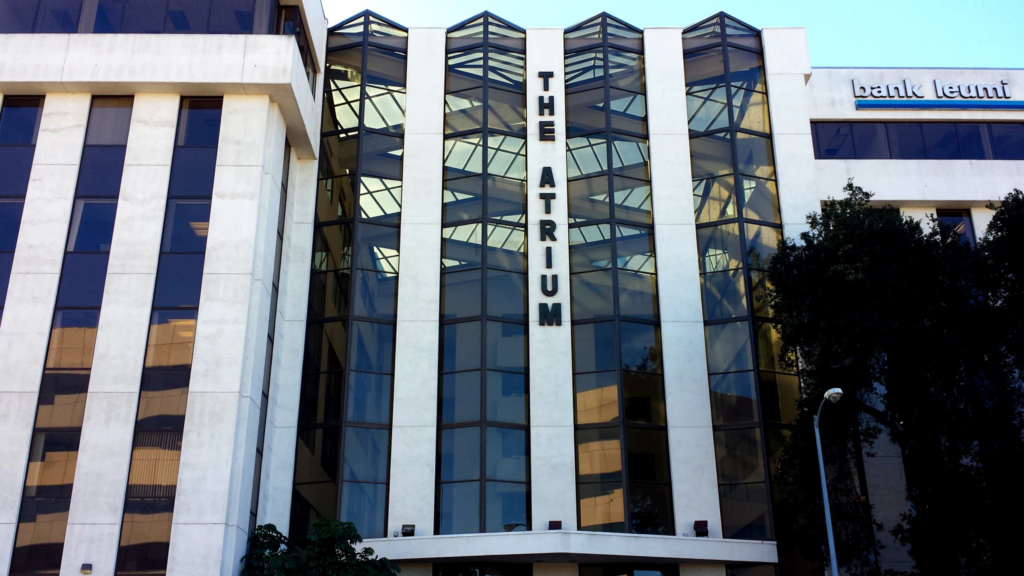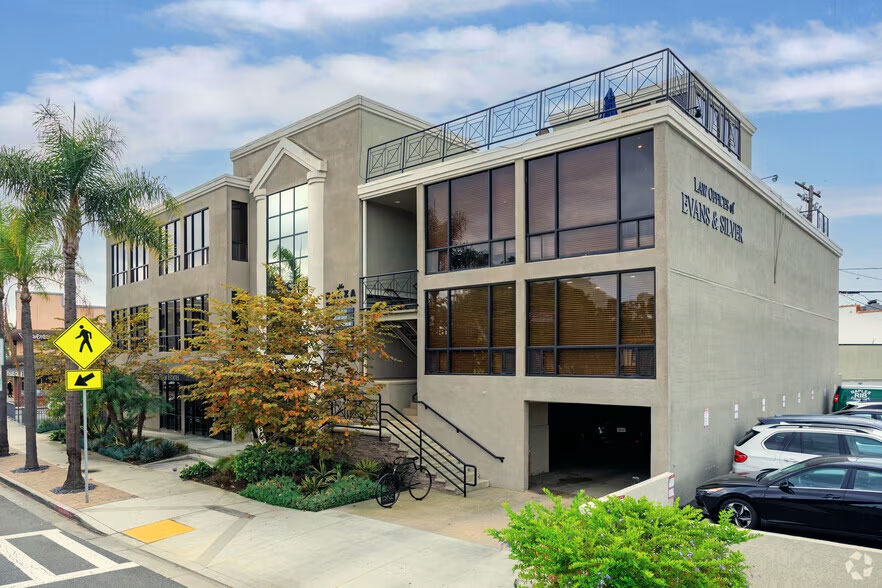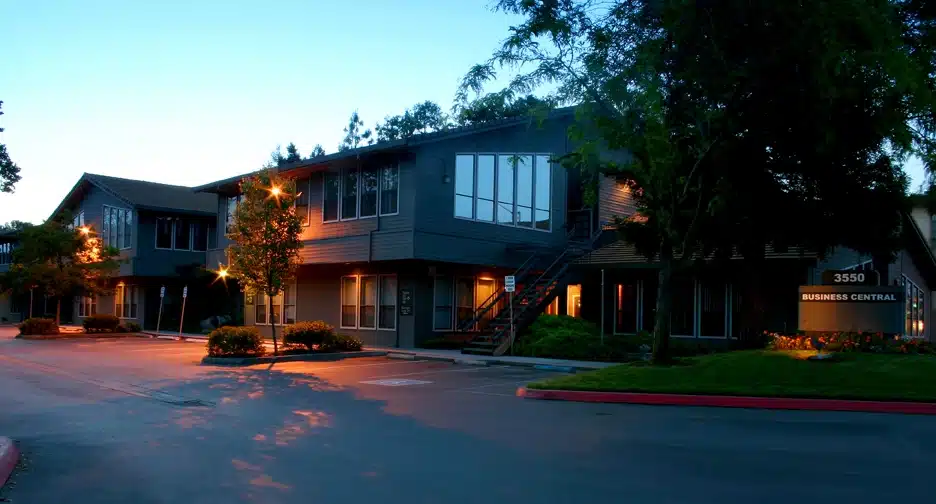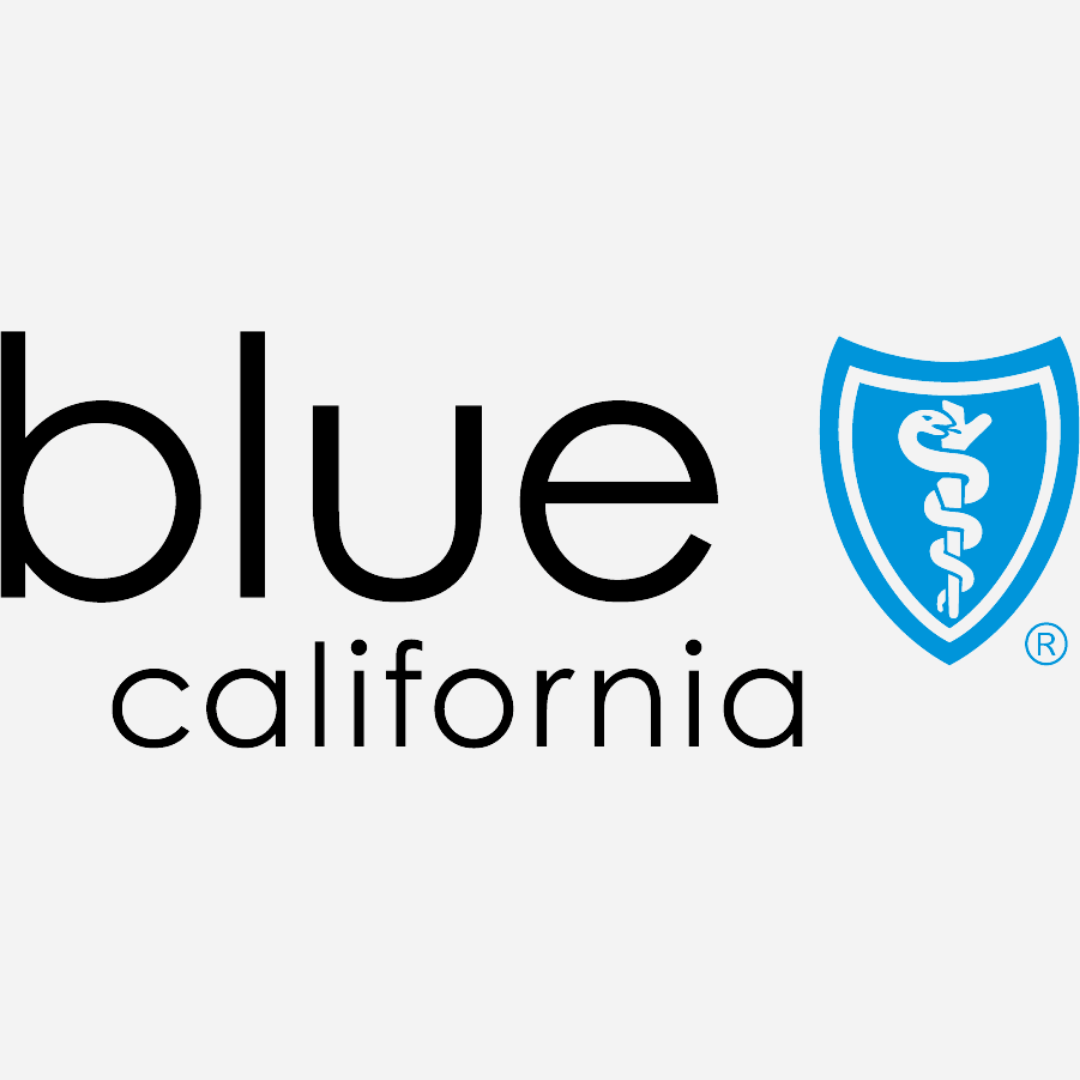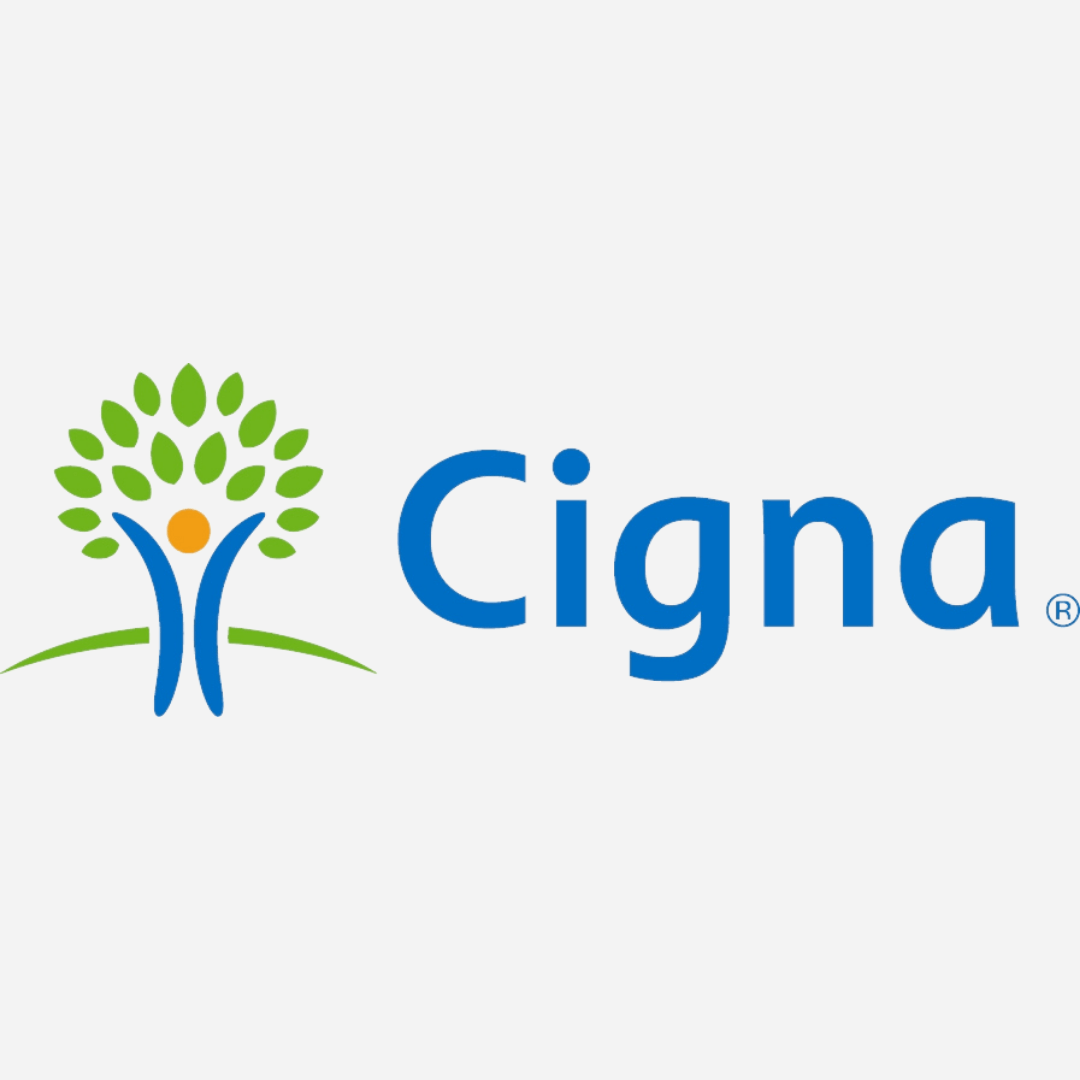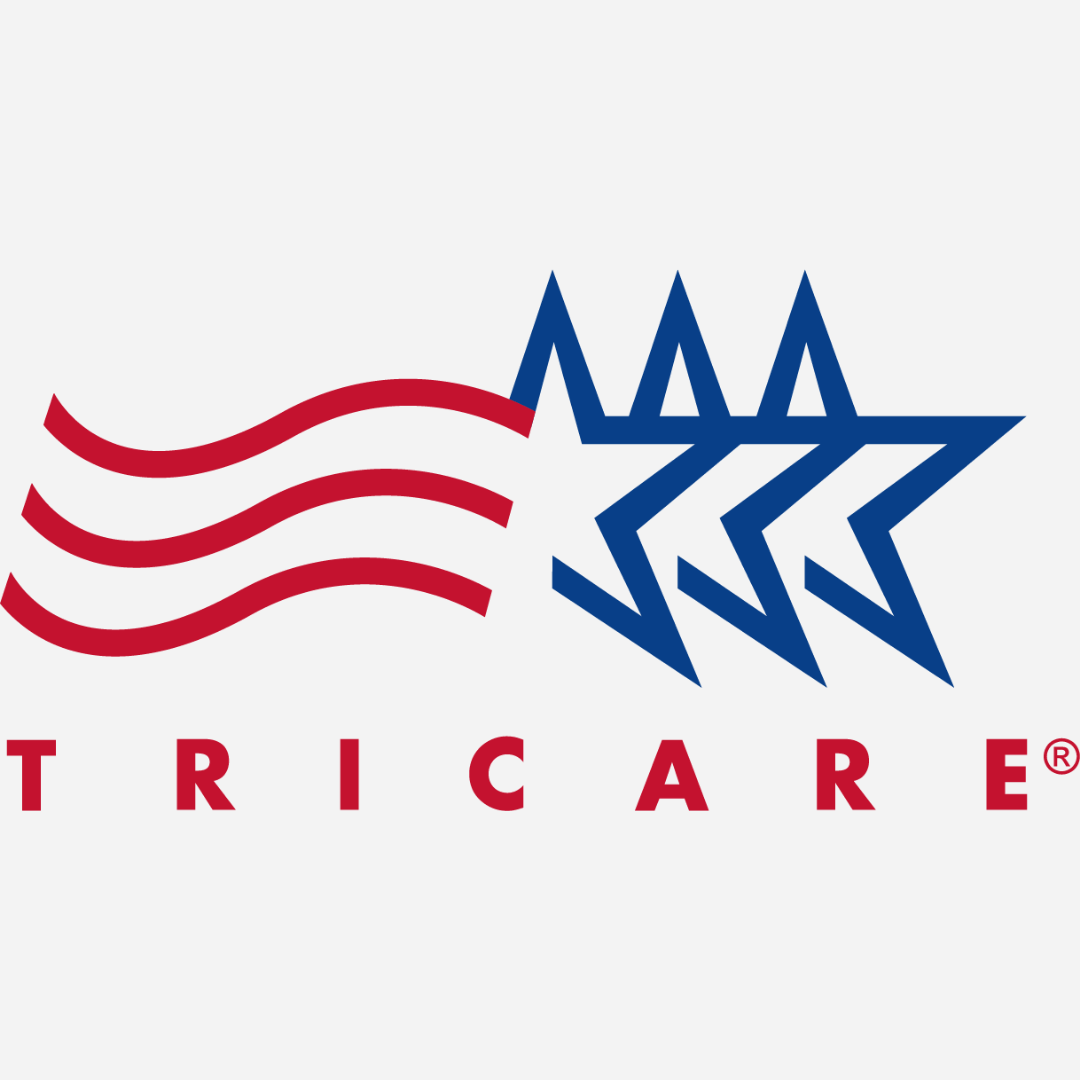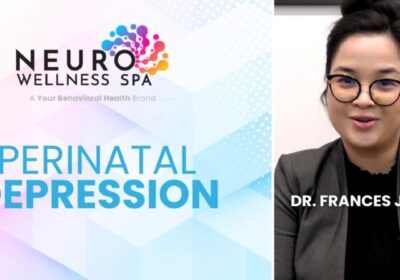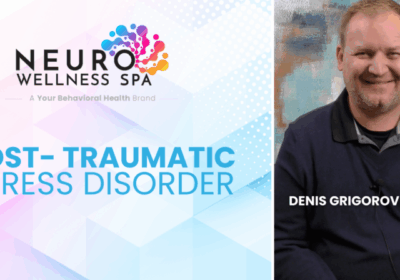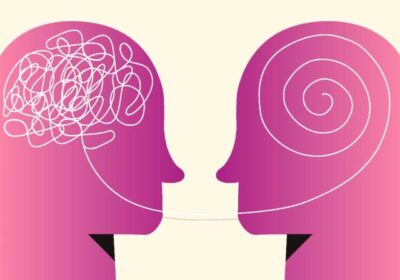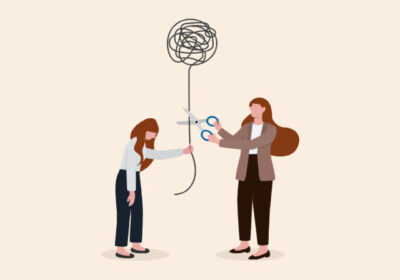TMS Therapy for Migraine Treatment in Los Angeles
Migraines are becoming one of the most common nervous system diseases in the world. Although the exact mechanism of migraine is unknown, migraines may have neural and vascular causes, involving cortical excitability, correlative predisposing genes and environmental factors. TMS is noninvasive technique that uses gently magnetic pulses to activate (or suppress) cortex excitability. It gained FDA indication for the treatment of major depressive disorder in 2008 and recent studies are now showing the extensive potential TMS therapy has in the treatment of migraines.
Migraine Treatment with TMS Therapy
Migraines are often experienced as throbbing pains across the head, forehead and temple, coupled with severe sensory disturbances like light sensitivity and loss of vision. These episodes can even lead to hospitalization. Although there is no cure for migraines, safe and effective treatment options are available. At Neuro Wellness Spa, our patients have experienced the efficacy of TMS at treating and preventing migraines.
Transcranial magnetic stimulation (TMS) is a safe and effective treatment that delivers magnetic pulses to the brain. TMS is non-invasive (does not require surgery), non-systemic (does not affect the entire body) and well-tolerated. If you’re interested in learning more about how TMS may be able to help your migraines, contact Neuro Wellness Spa today.
Migraine Statistics
According to the American Academy of Neurology, there are 30 million people suffering from migraines in the U.S. alone. Additionally, there are 157 million lost work days each year associated with pain and suffering from migraines. Migraines have a significant impact on people’s health, the workforce, and the economy.
Migraines affect over 1 billion people worldwide. Migraines are the 3rd most common illness in the entire world; someone in approximately every four households is a chronic migraine sufferer. Although the causes of migraines aren’t fully understood, genetics and environmental factors may both play a role. In the United States, 12% of adults suffer from migraines and 40% could benefit from preventative therapies.
Contact us today to learn more about how TMS may be effective in the treatment and prevention of migraines.
Signs & Symptoms of Migraines
Migraines can affect anyone, and migraine attacks can last for hours or even days. Migraines often cause a severe throbbing pain that is accompanied by nausea, vomiting and sensory sensitivity.
In the days leading up to a migraine, people may experience:
- Lowered mood
- Anxiety
- Irritability
- Decreased or increased appetite
- Dehydration
- Stiffness in the neck
20 minutes to an hour before a migraine starts, people may experience:
- Loss of vision
- Feeling of pins and needles
- Difficulty speaking
- Numbness or weakness on one side
- Phantom sounds
- Uncontrolled movements
During a migraine, symptoms may include:
- A severe pulsing or throbbing pain in the head
- Focus on one side of the body or head
- Pain for anywhere from 4 to 72 hours
- Extreme sensitivity to light, sounds, smells, etc.
- Nausea
- Dizziness
- Blurred vision
After migraines subside, some symptoms may persist including:
- Drained and exhausted
- Moody
- Confused
- Sensitive
What is Transcranial Magnetic Stimulation (TMS) Therapy?
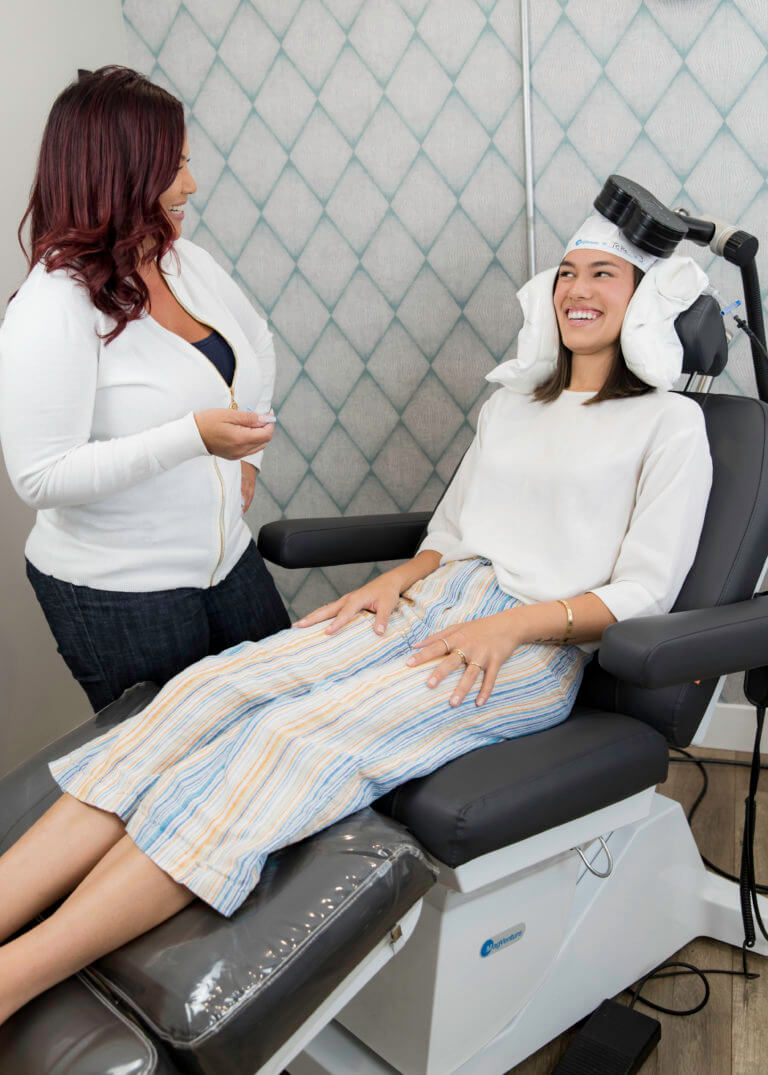
TMS uses magnetic pulses to stimulate specific areas of the brain responsible for mood. Unlike other treatments, TMS is non-invasive (does not require surgery), non-systemic (does not affect the entire body) and it does not require electrode implantation or the use of anesthesia. TMS is covered by most insurance and it has fewer side effects than other treatments, and in some cases, no side effects at all.
Patients recline in a private treatment room and may relax, read, work, or watch television during TMS treatment. A TMS magnet is positioned over the patient’s head to deliver gentle magnetic pulses to stimulate areas of the brain responsible for migraines. Each treatment sessions lasts about 30 minutes, after which patients can get back to their days right away, including work or school.
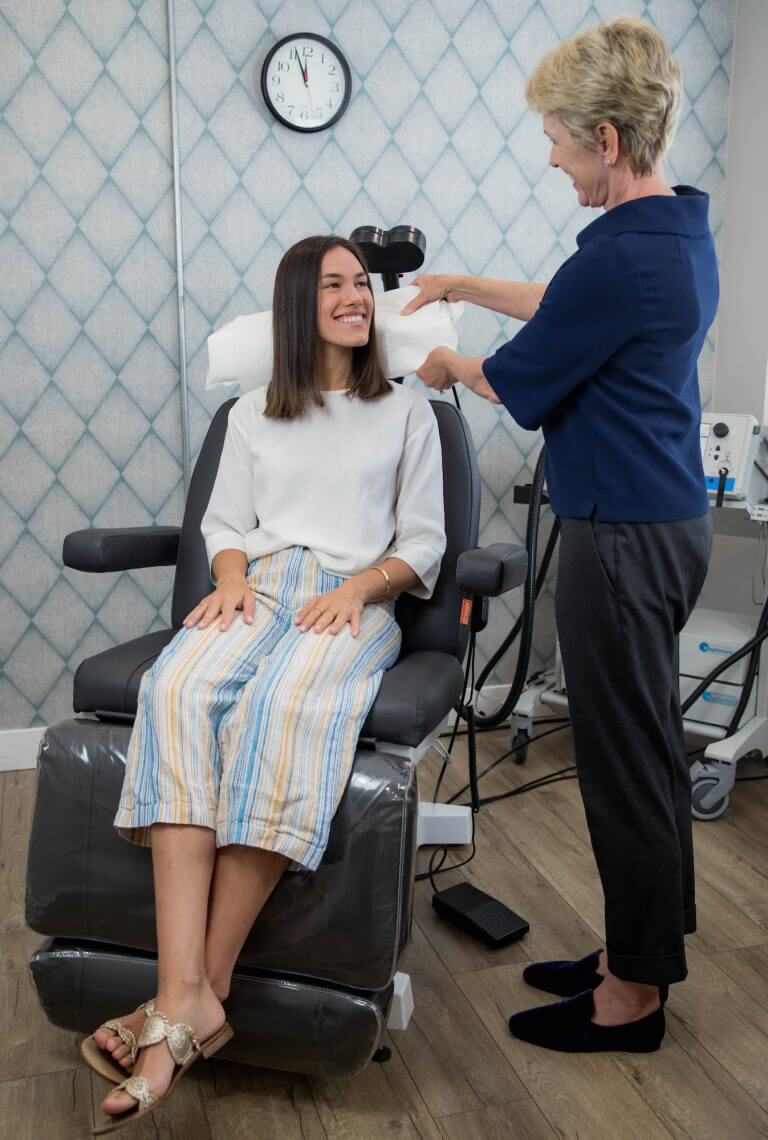
TMS is a safe treatment for those who suffer migraine issues. It relies on the use of gentle magnetic pulses to directly treat specific areas of the brain affected by migraines.
A recent study conducted at Albert Einstein College of Medicine found that TMS therapy was an effective treatment approach for acute episodes of migraines and TMS therapy can help prevent future migraines. Because TMS can modify brain activity, TMS can prevent the onset of migraines and their symptoms. These symptoms can include:
- Moderate to severe pain on one or both sides of the head
- Pulsing and throbbing head pain
- Increasing pain during physical activity
- Nausea
- Vomiting
- Increased sensitivity to light and sound
Some researchers speculate that there is a close connection between migraines and depression. FDA-cleared TMS therapy is already being used to successfully treat depression. In both migraines and depression, brain chemical and electrical activity is imbalanced, producing the unwanted symptoms.
Transcranial magnetic stimulation has far fewer side effects compared to antidepressant medications. With more than 10,000 treatments performed in clinical trials, the most common side effect was mild-moderate scalp discomfort.
*TMS is FDA-cleared for depression, migraine, Obsessive-Compulsive Disorder, cigarette cessation, anxious depression, adolescent depression, and chronic post-traumatic/surgical pain. Research indicates that TMS to also be helpful for bipolar depression, anxiety, and cognitive impairment. Other uses for TMS therapy are considered “off-label.” However, there is a growing body of research indicating the potential benefits of these off-label applications for a variety of mental health conditions. Please consult with a psychiatrist to learn more about TMS and off-label uses.
Conditions We Treat
- Depression
- Generalized Anxiety Disorder (GAD)
- Panic Disorder
- Attention-Deficit Hyperactivity Disorder (ADHD)
- Bipolar Disorder
- Postpartum Depression
- Obsessive-Compulsive Disorder (OCD)
- Substance Use Disorder/Addiction
- Eating Disorders
- Insomnia
- Post-Traumatic Stress Disorder (PTSD)
- Cognitive Impairment
- Dementia
- Borderline Personality Disorder
- Autistic Spectrum Disorder
- Chronic Pain
- Fibromyalgia
- Chronic Fatigue
- Stress/Burnout
Our Locations

Brea

